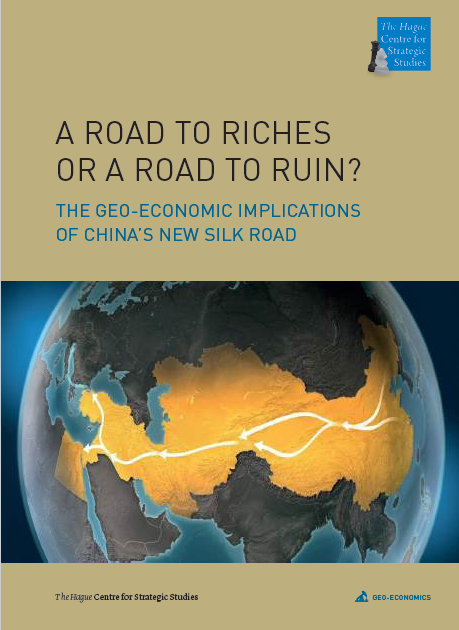China’s One Belt One Road (OBOR) project was formally introduced by Chinese President Xi-Jinping in 2013. The project, aimed at integrating trade and investment in Eurasia, encompasses over $900 billion in planned investments of infrastructure across Central and South Asia, the Middle East, and Central and Eastern Europe. Ever since its inception there has been a lot of talk about the motives behind the initiative and the consequences it will have for the abovementioned regions.
New Eastern Europe sat down with Sijbren de Jong to discuss the broader implications of the initiative. The full interview can be read here.






